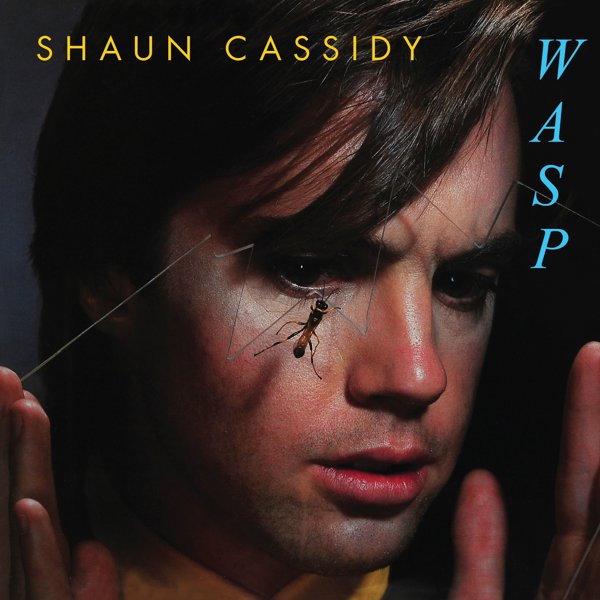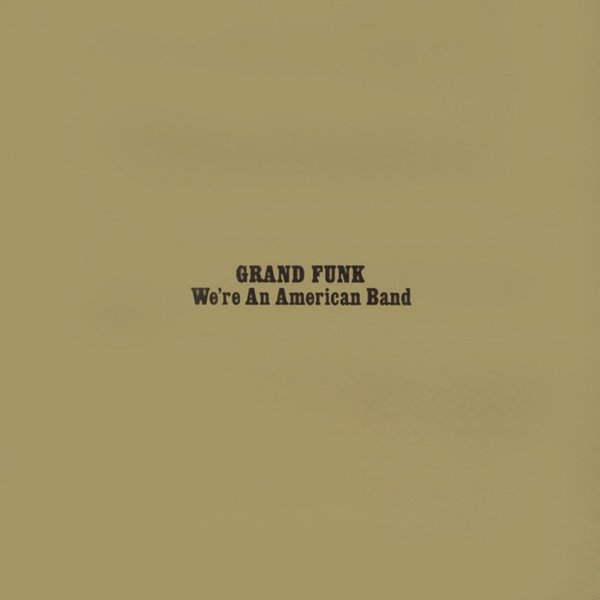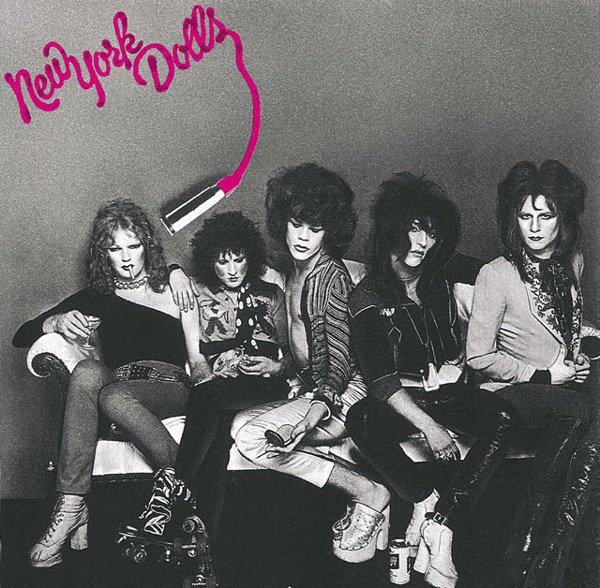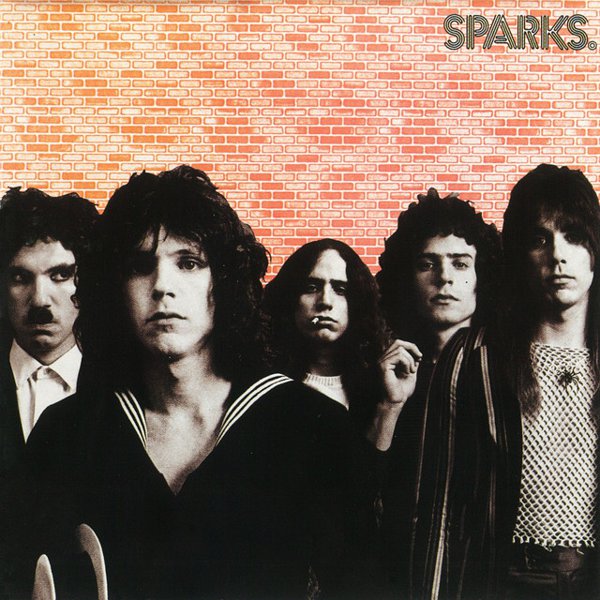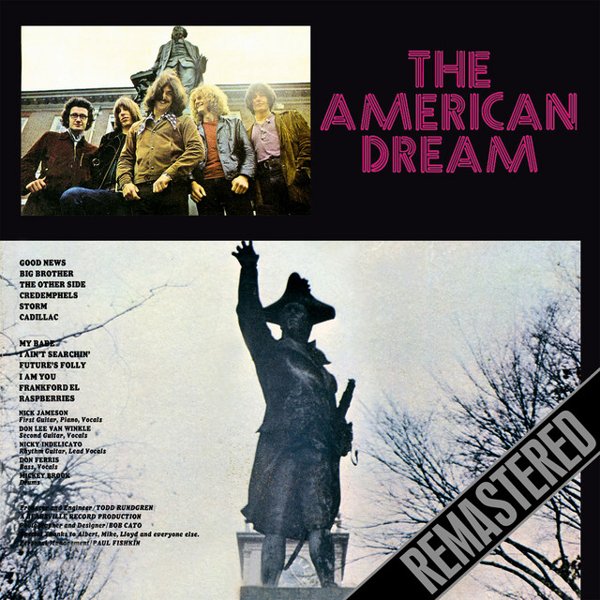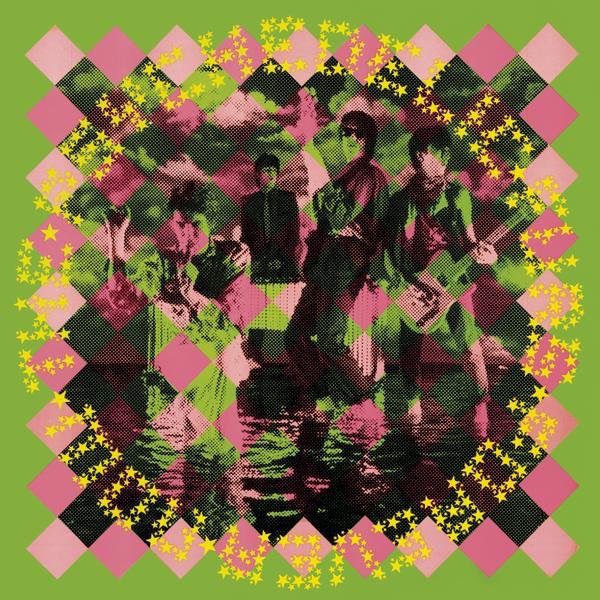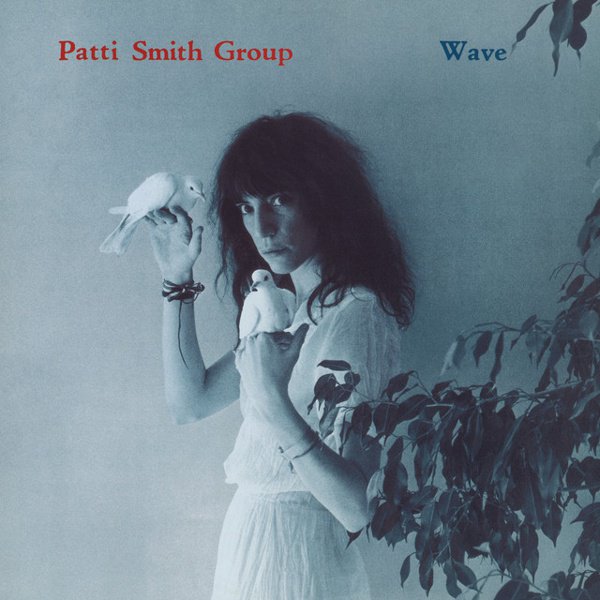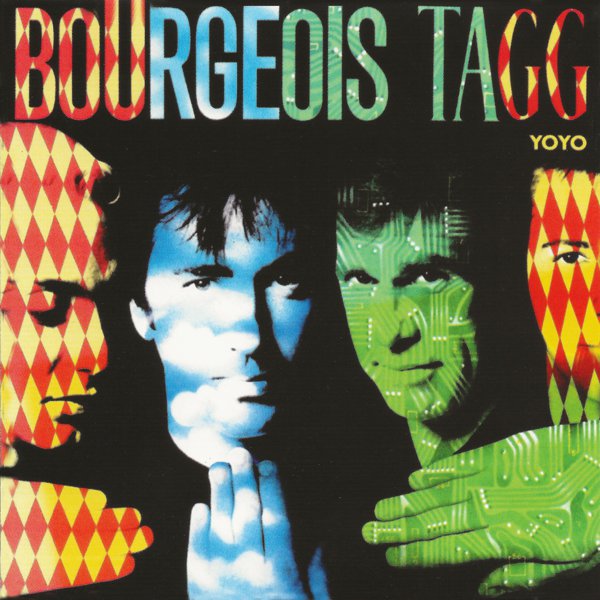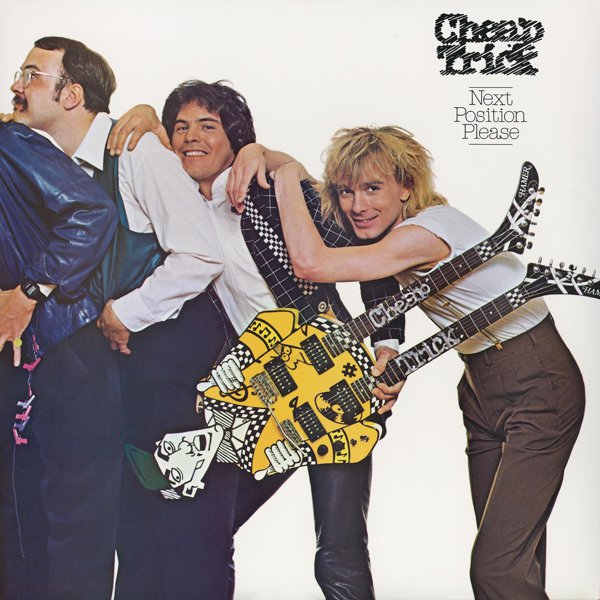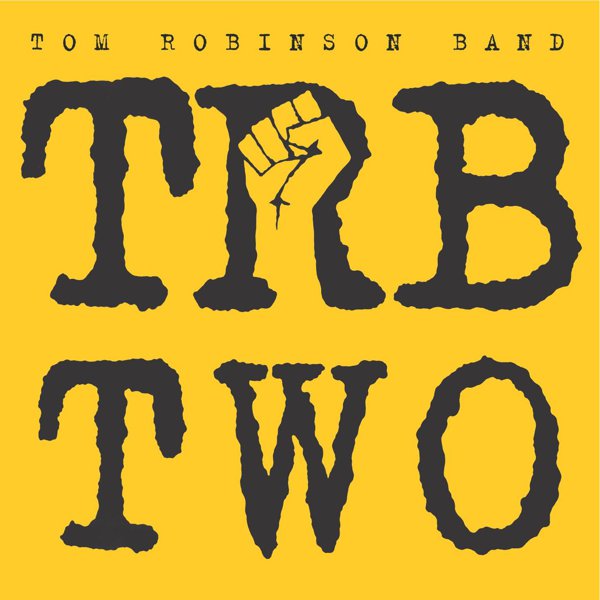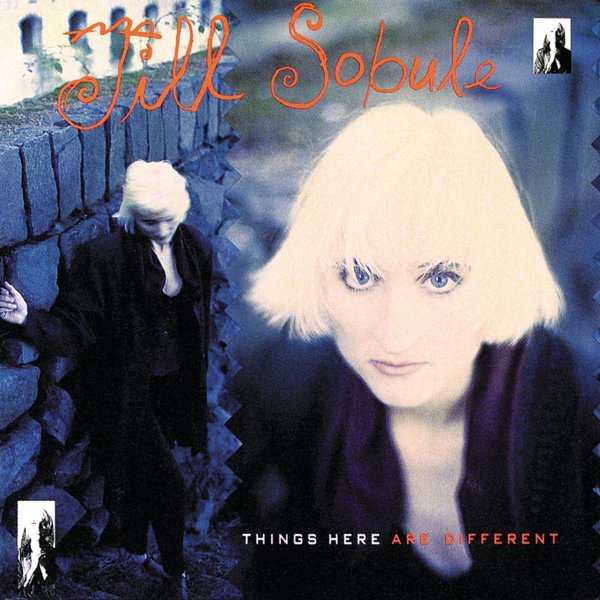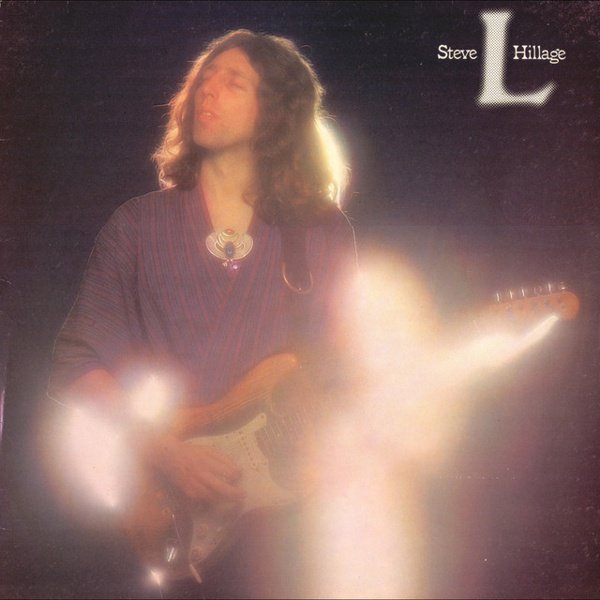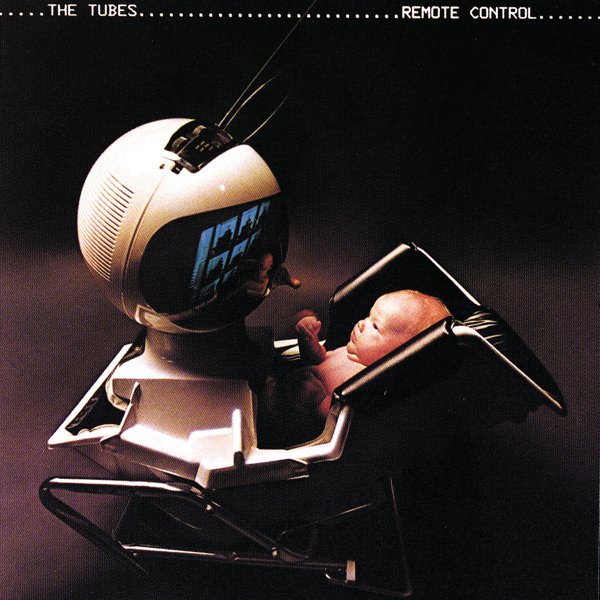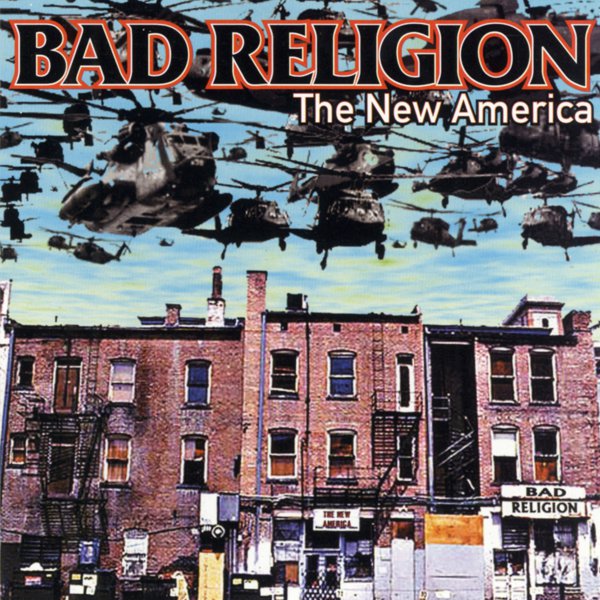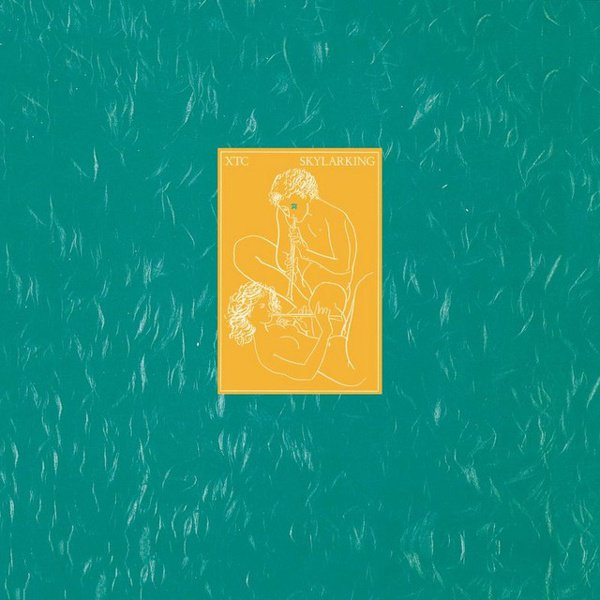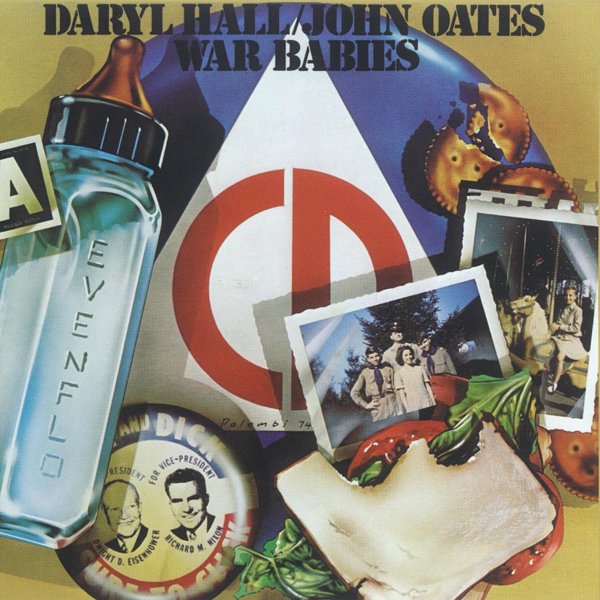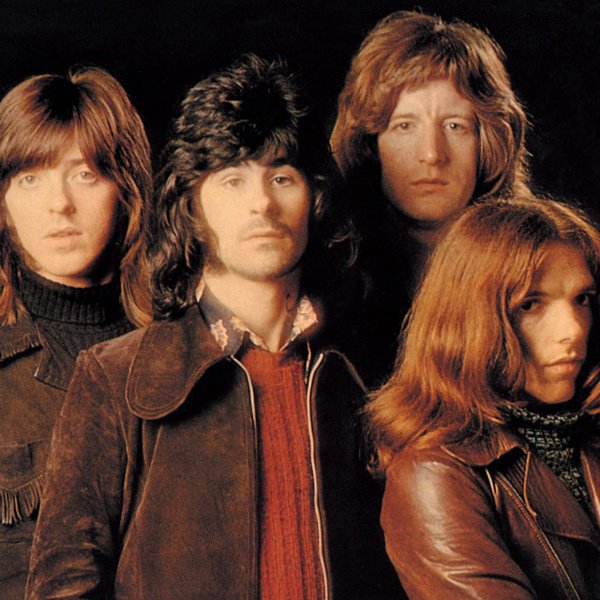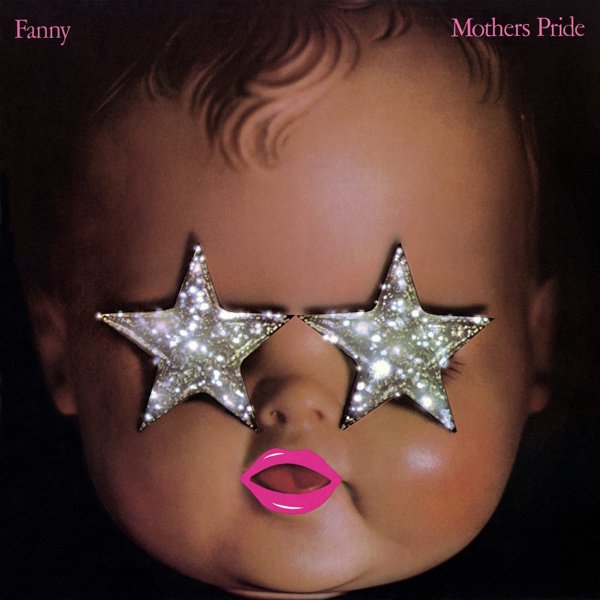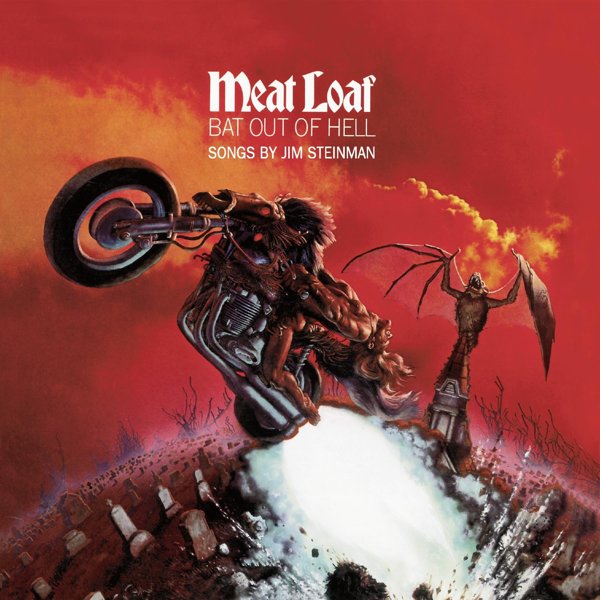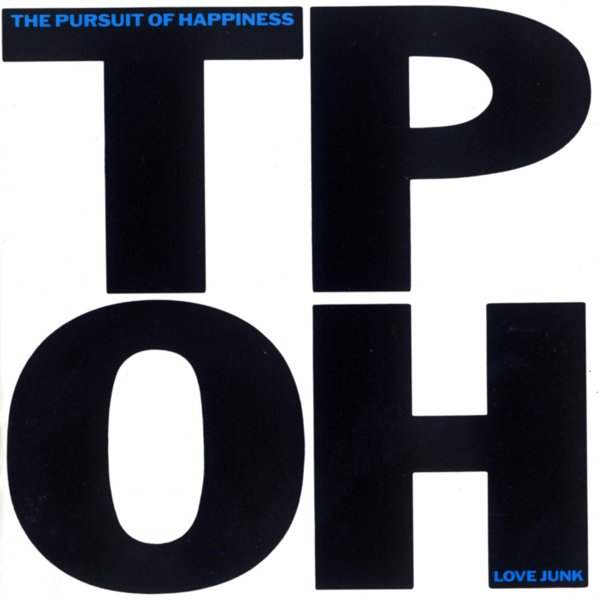Philadelphia-born and raised musician Todd Rundgren, as of late 2022, is still continuing his musical career well into a second half-century with the release of his twenty-first studio album Space Force. Even that doesn’t really tell the whole story – his separate band project Utopia released ten studio albums during its time, while his early band the Nazz put out three albums as well; compilations, live sets and more covering all these areas of work further expand what’s been an extensive career, eventually leading to his inclusion in the Rock and Roll Hall of Fame in 2021.
But just as notable as his discography, and in some cases very much more well known than it, has been his production work for a wide variety of artists and bands over that same amount of time. Covering everything from forgotten obscurities to subcultural landmarks to one of the rock era’s biggest smash albums of all time, his work as producer and engineer, readily seen in his own artistic work, is notably hands-on and can emphasize high-end sounds and polish but always with a preference to try and be just a little out of the ordinary when possible. Two quotes from Paul Myers’s book A Wizard A True Star: Todd Rundgren In The Studio serve as useful summaries for his sometimes brusque approach. Lenny Kaye, longtime guitarist for Patti Smith, told Myers: “Todd’s aphorism was ‘If you know what you want, I’ll get it for you. If you don’t know what you want, I’ll do it for you.’” Separately, Jim Steinman, the songwriting architect for Meat Loaf’s Bat Out Of Hell, and a notable musical control figure himself, noted his financial commitment to the album when no label had put up the cash and concluded that Rundgren was “the only true genius” he’d ever met.
Rundgren’s own start as a producer and engineer came in 1969 after leaving the Nazz when he took up an offer to work for Albert Grossman’s Bearsville label, leading to a variety of engineering work in particular for acts such as Jesse Winchester and the Band; his rapid reputational growth on that front allowed him to begin his solo work in earnest via Bearsville while also beginning to work for clients beyond that label. A fellow Bearsville artist, Sparks, resulted in one of his earliest production standouts via their debut album, originally titled Halfnelson (the band’s original name), while that same year he ended up taking over the sessions that would result in Badfinger’s Straight Up, which scored the band a top five hit with “Day After Day.” This pattern of achieving underground or critical success with his clients as much as commercial ones became unexpectedly common; in 1973 alone he produced Grand Funk’s smash We’re An American Band as well as the raucous dawn-of-punk debut album by the New York Dolls.
During the mid to late 1970s, while still very much in overdrive with both solo and Utopia work, his growing production reputation led to more acts seeking him out directly, including ex-Gong member Steve Hillage for early solo work as well as his fellow Philadelphians Hall and Oates. But it was the combination of a young theatrical/musical performer and a songwriter with a taste for the incredibly melodramatic that proved to be what fully established him as a producer par excellence, when he went to bat for Meat Loaf and Jim Steinman to create the ultimate Broadway rock musical in all but name, Bat Out of Hell, at over forty million copies sold around the world since release, an undeniable musical landmark. At the same time, other contemporary or newer acts, often inspired in turn by his own self-driven artistic muse and goals, worked with him on various efforts, ranging from the arch comedy/conceptual artists the Tubes and the artistic and poetic explorations of the Patti Smith Group to the down-to-earth sentiments and warmth of the Tom Robinson Band.
The 1980s continued Rundgren’s overall hot streak; if a Bat Out Of Hell could never truly repeat itself as a phenomenon, his abilities and ear meant regular demand. He was often sought out by veteran acts for a little extra creative juice, as with Dragon on Dreams of Ordinary Men or Cheap Trick for Next Position Please, but was just as apt to work with younger acts looking either for a new focus – most notoriously with Shawn Cassidy on the new wave turn Wasp – or a general reset, with a notably successful example being the Psychedelic Furs’s Forever Now. Towards the end of the decade he produced the initial albums by Canada’s The Pursuit of Happiness to great effect, but overall his standout for the decade as a producer likely remains XTC’s Skylarking. Infamously one of the most fraught experiences a band/producer combination has ever been through – even in late 2022 Andy Partridge could tell an interviewer a story about almost wanting to put an ax through Rundgren’s head – the end results were an elegant artistic pinnacle which helped the band achieve a new level of overall success.
Beginning in the 1990s Rundgren’s schedule as a producer on outside work slowed down, as much a shift in general outside tastes as with Rundgren’s own preference to focus on his own work or on collaborations with others, though notable production jobs included work for Jill Sobule, Bad Religion and 12 Rods. Every so often in later years he’d return to the role, and in the 21st century that included one of his earliest clients when in 2009 he produced the second New York Dolls reunion-era album, Cause I Sez So; a 2021 stand-alone single with Sparks, “Your Fandango,” was an engaging example of how both acts had proven to be good long-haulers. Whether or what Rundgren chooses to do next will always be up to his own impulse, but as someone who has made a clear case several times over of what so many acts could and should sound like, his legacy is absolutely clear.

